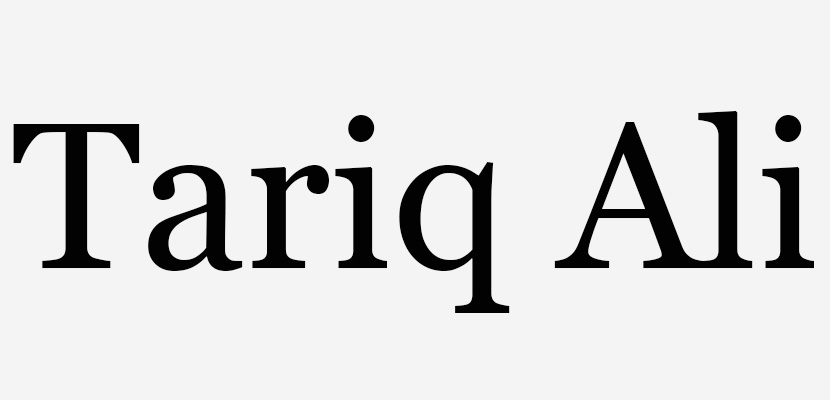Tariq Ali for the London Review of Books, 20th June 2013
Not long before last month’s elections, dozens of workers (the youngest was 12) were burned to death in factory fires in Karachi and Lahore. Pakistan’s rulers were unmoved: there were token expressions of regret but no talk of tough new laws being passed after the election. There is barely any safety regulation in Pakistan, and if any legislation does impede business a modest bribe usually solves the problem. Factory inspections were discontinued during the Musharraf regime in order, it was claimed, to protect industry from harassment by state inspectors. Ali Enterprises, the factory that burned down in Karachi, somehow passed an inspection by a New York-based body called Social Accountability International.
As for outright crimes, it’s best to use the cloak of religion to justify them. This effectively paralyses the lower and middle echelons of the judiciary, the police and the politicians. In March, Joseph Colony, a Christian settlement in Lahore, was attacked by a Muslim group calling itself Lovers of the Prophet. The Lovers had heard that one of the Christians had defiled the name of Muhammad. The accusation was false, but the person accused was arrested even so, and, even so, the Lovers and other zealots attacked the settlement, burning down 171 dwellings as the police and other worthy citizens watched. As news of the disaster spread and the chief minister of the Punjab, Shahbaz Sharif, pretended nothing was going on, the chief justice of the Supreme Court criticised the police and the Punjab government for failing to protect the public and noted that it hadn’t learned the lesson of the even worse atrocity in the predominantly Christian town of Gojra in 2009, when eight Christians were burned alive, dozens were injured, houses were torched and a church destroyed. The chief justice asked why the report submitted by the judicial inquiry into that incident had not been published. There was no reply from the provincial government. One reason for politicians’ complacency is that they know they have the support of the silent majority. A Pew Institute survey carried out in April reveals that 84 per cent of Pakistanis favour the sharia as the only law of the land, slightly fewer than in Iraq (91 per cent), more than Egypt (74 per cent) and seven times as high as in Turkey (12 per cent).
The elected representatives of the people didn’t pay much attention to the factory fires or to the anti-Christian riots. They were busy elsewhere. Take just one example: the shenanigans of the provincial assembly in Sindh where the Pakistan People’s Party, led by Benazir Bhutto’s widower, Asif Zardari, is the single largest bloc. The day before the assembly was due to be dissolved in advance of the general election, the provincial government ordered all the banks to stay open (it was a Saturday) so that money could be withdrawn. Long-forgotten schemes were revived and a number of dodgy deals hurriedly voted through the chamber. And as if to reward themselves for all this hard work, the assembly voted its members a 60 per cent salary rise backdated to July 2011, adding measures to make sure that anyone who wasn’t re-elected kept his or her perks: free government accommodation with servants laid on, VIP treatment at airports, official passports and so on. It’s a mystery why they don’t just make the privileges hereditary. Needless to say, very few members of parliament pay taxes and several outgoing cabinet ministers, including the prime minister, are refusing to pay the electricity and telephone bills in their government residences. It’s easy to see why so many Pakistanis want to become members of one of the five parliamentary assemblies. Read more
